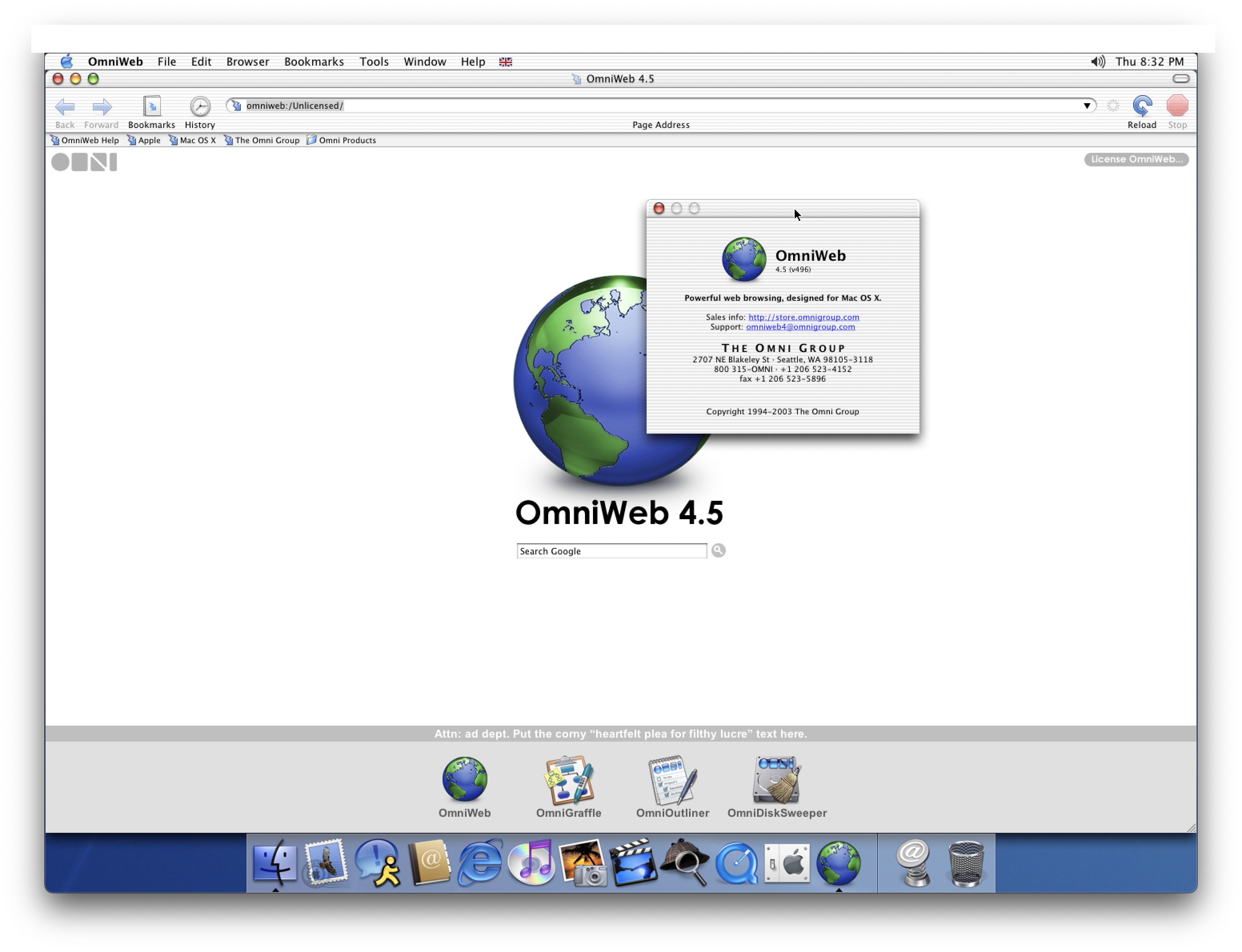Some DALL·E Mini spam. It’s a little late but… meh.
Clive Sinclair drawn by HR Giger

A Little More Web Kipple
Some DALL·E Mini spam. It’s a little late but… meh.

I’ve added another 1108 map images:
422 maps from Cardiganshire.
686 maps from Cornwall.

Interesting places covered in Cardiganshire include: Aberystwyth, Lampeter, and Aberaeron.

Interesting places covered in Cornwall include: St Ives, Lands End, and St. Michael’s Mount
The National Library of Scotland has placed parts of it’s rather a nice collection of old maps online. It’s all very modern – slippy, google maps style pages abound – and predominantly released under permissive licences. It is not, however, easy to get a full map for reuse in a school report or similar.

So I’ve run up a little code, grabbed some of the maps and put them on a new sub-site here. These maps are licensed by the NLS (as opposed to being in the public domain) and this license has carried down to my derivative work. As of writing, there are only seven of them, but I have several hundred more ready to go up shortly and a block of several thousand more to go up at some point after that.

This solution has been checked on Windows 2019 fully patched as-of spring 2022. Other Windows variations may require tweaks. Those on *nix-based platforms looking to create a headless connection to a Windows host should skip the Windows related initial instructions.
Some applications are just not suited to running as a Windows Services – indeed some applications, such as those which require a full Windows desktop context, cannot be run as a plain Windows Service. One of the possible ways to get around this limitation is to run them under a fully scripted remote desktop instance – the remote user receiving a standard Windows Desktop experience with all the pros and cons this entails – however the default client available on Windows does not allow such a headless connect. Fortunately, newer releases of Windows – including Windows 2019 and Windows 10 – are able to run several versions of Linux as applications.
Continue reading “Headless RDP for Fun and Profit”Fun!
Omniweb 4.5 – first released in August 2003 and, apparently, lost from the general web (or, at the very least, Google!) – can be found here. While the base URL isn’t an Omnigroup URL, it looks to be reasonably trustworthy as that particular file is linked to from the Omniweb 4.5 product page.

Anyway, in completely unrelated news, Omniweb 4.5 on OSX 10.3 comes to PSPB today!
It’s a pretty simple command line…
osascript -e{'set text item delimiters to linefeed','tell app"google chrome"to url of tabs of windows as text'} | grep -E 'www.bbc.co.uk/programme|www.bbc.co.uk/iplayer/episode' | xargs -t -n1 get_iplayer --pid-recursiveAnd, as the apocalypse continues to rumble ever onwards, I find myself with more than a little time to kill. Enter Mini Motorways – a deceptively difficult, minimalist strategy game about moving things from A to B.
Continue reading “Mini Motorway”